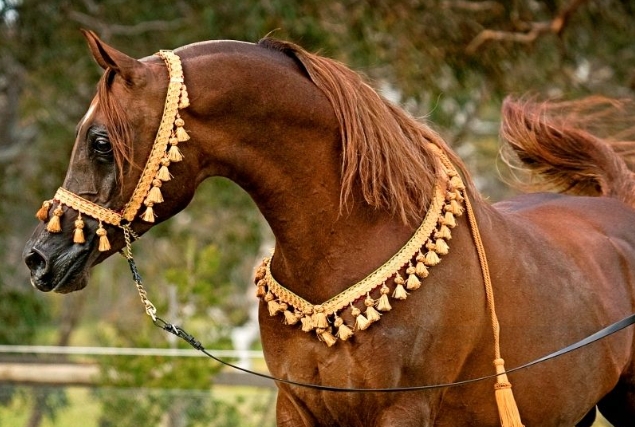Arabian Ka: A Traditional Arab Custom
Arabian Ka, also known as qahwa, is a time-honored Arab tradition that holds great significance in Middle Eastern culture.
Origin and History
Arabian Ka has roots dating back centuries, with coffee being introduced to the Arab world in the 15th century. Originally from Ethiopia, coffee quickly spread across the Arabian Peninsula, becoming an integral part of daily life and social gatherings.
Cultural Significance
In Arab culture, Arabian Ka is more than just a beverage – it is a social ritual that symbolizes hospitality and friendship. Serving coffee to guests is a sign of respect and welcoming, and is considered an essential part of any social gathering or meeting.
Preparation and Serving
Arabian Ka is typically brewed using Arabica beans, which are roasted, ground, and brewed in a special pot called a dallah. The coffee is served in small cups called finjans, and is often accompanied by dates or other sweets.
Symbolism and Tradition
The act of serving and drinking Arabian Ka is steeped in symbolism and tradition. It is a way to connect with others, forge bonds, and strengthen relationships. The coffee itself is considered a symbol of prosperity and generosity.
Modern Adaptations
While Arabian Ka has deep historical roots, it has also evolved with the times. Today, it is enjoyed not only in traditional settings, but also in modern cafes and homes around the world. Its popularity continues to grow as people embrace the rich flavors and cultural significance of this beloved beverage.
In conclusion, Arabian Ka is more than just a beverage – it is a symbol of hospitality, friendship, and tradition in Arab culture. Its history and significance make it a cherished custom that continues to be cherished and celebrated in the modern world.



